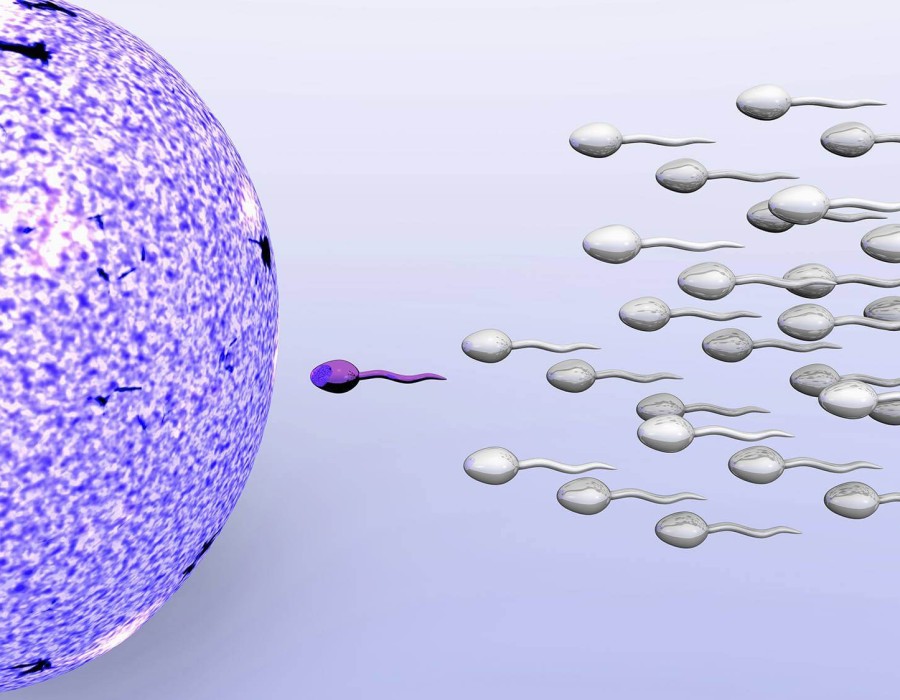Seeking support from loved ones is crucial for individuals undergoing infertility treatment due to the complex and often emotionally taxing nature of the process. Here are several key reasons why support is important:
1. Emotional Support
- Stress Reduction: Infertility treatments can be stressful, involving numerous medical appointments, procedures, and the uncertainty of outcomes. Emotional support from loved ones can help alleviate some of this stress.
- Mental Health: The emotional rollercoaster of infertility can lead to feelings of sadness, frustration, anxiety, and depression. Having a support system can provide a sense of stability and comfort.
2. Practical Assistance
- Logistical Help: Loved ones can assist with practical aspects such as transportation to and from medical appointments, managing daily responsibilities, and providing a helping hand when needed.
- Health Management: Support from family and friends can include help with medication schedules, dietary needs, and other health-related tasks associated with treatment.
3. Social Connection
- Reduced Isolation: Infertility treatments can make individuals feel isolated. Sharing the experience with trusted loved ones can reduce feelings of loneliness and isolation.
- Normalcy and Engagement: Loved ones can help maintain a sense of normalcy by encouraging social activities and engagement in everyday life.
4. Encouragement and Motivation
- Positive Reinforcement: Loved ones can provide encouragement and celebrate small victories along the treatment journey, boosting morale and motivation.
- Hope and Optimism: Supportive loved ones can help maintain a hopeful outlook, which is crucial during challenging times.
5. Shared Decision-Making
- Informed Choices: Discussing treatment options and decisions with loved ones can provide different perspectives, helping individuals make more informed and balanced choices.
- Shared Responsibility: Sharing the decision-making process can lessen the burden on the individual undergoing treatment, as they feel supported and understood.
6. Physical Support
- Post-procedure Care: Some infertility treatments involve invasive procedures that require recovery time. Loved ones can provide physical care and support during these periods.
- Nutritional and Lifestyle Support: Encouragement to maintain a healthy lifestyle, including proper nutrition and exercise, can be more effective with the support of loved ones.
7. Strengthening Relationships
- Bonding Experience: Navigating infertility together can strengthen relationships with partners, family, and close friends, fostering deeper connections and mutual understanding.
- Shared Journey: The shared experience can bring people closer, creating a network of support that extends beyond the treatment period.
8. Access to Additional Resources
- Resource Sharing: Loved ones can help in researching and accessing additional resources such as support groups, counseling services, and educational materials.
- Community Support: They may also help connect with others who have gone through similar experiences, providing a broader support network.
Practical Tips for Seeking Support
- Open Communication: Share your feelings and needs openly with loved ones. Clear communication helps them understand how best to support you.
- Seek Professional Help: Consider involving a counselor or therapist who specializes in infertility issues to guide both you and your support network.
- Join Support Groups: Participating in support groups can provide additional understanding and empathy from others who are experiencing similar challenges.
- Educate Loved Ones: Help your loved ones understand the medical and emotional aspects of infertility treatments so they can provide informed and empathetic support.
In summary, the emotional, practical, and psychological benefits of seeking support from loved ones during infertility treatment are substantial. This support can significantly enhance the overall well-being and resilience of individuals undergoing such treatments, making the journey more manageable and less isolating.





Comments